
Addison Halpern, a forward at Rutgers Preparatory School, is the 2025 National Gatorade Player of the Year for girls’ soccer. The Selection Committee based its judgment on three pillars: athletic excellence, academic achievement, and exemplary character.
During her senior year, Halpern scored 44 goals and made 14 assists, leading them to a perfect 23-0 record. What’s fascinating about her haul is that she missed the first six games of the season because he competed for Team USA in the FIFA Under-20 Women’s World Cup.
Meanwhile, included in Rutgers Prep’s undefeated run is a 3-0 triumph over DePaul High to capture the New Jersey Non-Public B state championship. She finished her high school girls’ soccer career with 180 goals and 68 assists, numbers that helped her become the 2024 United Soccer Coaches National Player of the Year.
In addition to dominating on the pitch, this National Gatorade Player of the Year winner maintained a 3.86 GPA. Beyond soccer and the classroom, this University of Virginia commit also volunteered as a youth soccer coach, an elementary school tutor, a church servant, and a Rise Against Hunger advocate.
Halpern is among the 51 Gatorade Player of the Year winners for girls’ soccer from each state and the District of Columbia. Likewise, she will receive a $1,000 grant and has a chance to give a $10,000 spotlight grant if the committee selects her organization to receive the financial assistance.
List of Gatorade Player of the Year state winners for girls’ soccer 2025
Alabama – Taylor Leib (Midfielder, Briarwood Christian School)
Alaska – Lexi Luff (Forward, South Anchorage High School)
Arizona – Whitney Reinhardt (Midfielder, Notre Dame Preparatory High School)
Arkansas – Sydney Hopper (Midfielder, Bentonville High School)
California – Daya King (Midfielder, Vista De Lago High School)
Colorado – Teagan Myers (Defender, Fossil Ridge High School)
Connecticut – Alexa Pino (Forward, St. Joseph High School)
Delaware – Lily Phillips (Midfielder, Saint Mark’s High School)
District of Columbia – Kailyn Effah (Midfielder, St. John’s College High School)
Florida – Giovanna Waksman (Midfielder/Forward, The Pine School)
Georgia – Bristol Kersh (Defender/Forward, Cherokee Bluff High School)
Hawaii – Xeayna Salanoa (Goalkeeper, Punahou High School)
Idaho – Campbell Wilson (Forward, Rocky Mountain High School)
Illinois – Callie Tumilty (Forward, Naperville Central High School)
Indiana – Meredith Tippner (Forward, Noblesville High School)
Iowa – Abi Roberts (Forward, Linn-Mar High School)
Kansas – Anisten Cabantac (Midfielder, St. Thomas Aquinas High School)
Kentucky – Caitlyn Chase (Forward/Midfielder, Sacred Heart Academy)
Louisiana – Ella Kate Johnston (Forward, Parkview Baptist School)
Maine – Ashley Connolly (Midfielder/Defender, Gorham High School)
Maryland – Sascha Beasley (Defender, Walt Whitman High School)
Massachusetts – Maddie Recupero (Midfielder, Hopkinton High School)
Michigan – Ava Lutke (Forward, Unity Christian High School)
Minnesota – Tenley Senden (Forward, Wayzata High School)
Mississippi – Addie Siders (Defender/Midfielder, Sumrall High School)
Missouri – Maddie DiMaria (Forward/Midfielder, Cor Jesu Academy)
Montana – Maya Bossenbrook (Forward, Bozeman High School)
Nebraska – Sonora DeFini (Forward, Gretna East High School)
Nevada – Olivia Stark (Forward, Faith Lutheran High School)
New Hampshire – Lauren Christy (Midfielder, Brewster Academy)
New Jersey – Addison Halpern (Forward, Rutgers Preparatory School)
New Mexico – Mia Barela (Forward/Midfielder, Las Cruces High School)
New York – Kennedy Ring (Midfielder, Columbia High School)
North Carolina – Sadie Peterson (Forward, Pine Lake Preparatory)
North Dakota – Sarah Helderop (Midfielder, Mandan High School)
Ohio – Tessa Knapp (Forward, Bay High School)
Oklahoma – Rylee McLanahan (Midfielder, Edmond North High School)
Oregon – Sophia Stiles (Defender, Jesuit High School)
Pennsylvania – Kylie Maxwell (Forward, Neshaminy High School)
Rhode Island – Emma Kucal (Forward, Cumberland High School)
South Carolina – Payton Nutzman (Forward/Midfielder, Eastside High School)
South Dakota – Addie Budig (Midfielder/Defender, Harrisburg High School)
Tennessee – Ellett Smith (Midfielder, Houston High School)
Texas – Audrey Bryant (Forward/Midfielder, Ursuline Academy)
Utah – Hope Munson (Defender/Midfielder/Forward, Olympus High School)
Vermont – Holley MacLellan (Forward/Midfielder, Milton High School)
Virginia – Audrey McKeen (Midfielder/Forward, Bishop O’Connell High School)
Washington – Ally Laccinole (Defender, Woodinville High School)
West Virginia – Ariana Borneo (Midfielder/Defender, Morgantown High School)
Wisconsin – Jessica Fernau (Midfielder/Forward, Muskego High School)
Wyoming – Ruby Hoelscher (Midfielder, Jackson Hole High School)
0



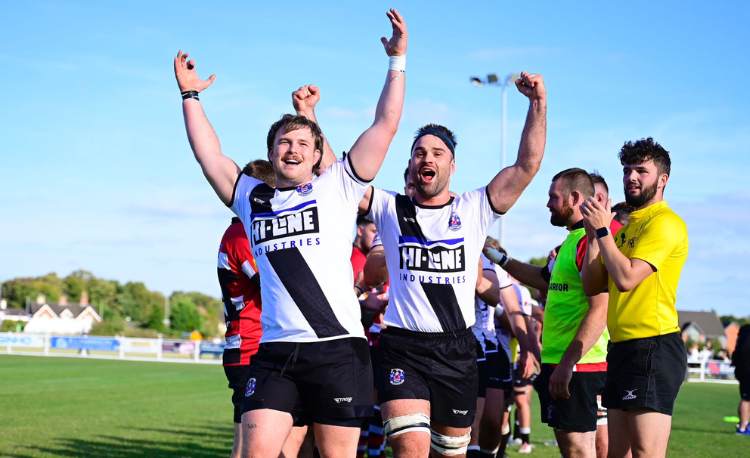

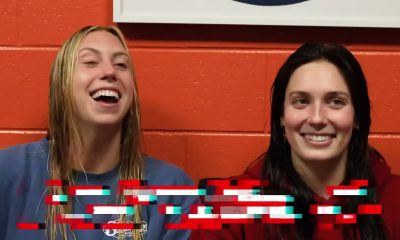



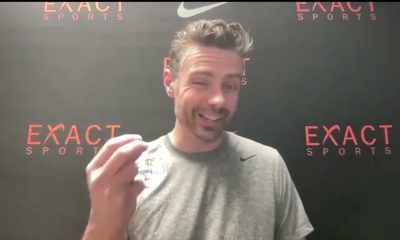



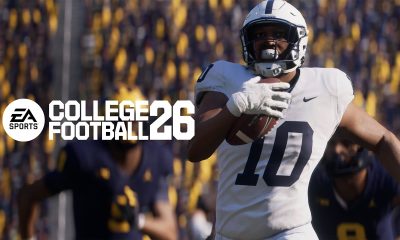















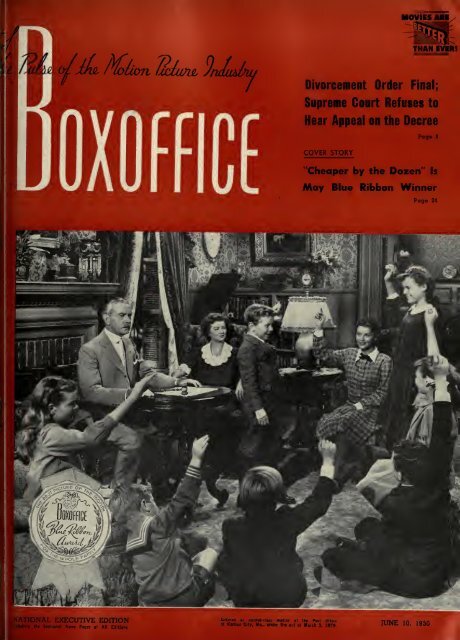
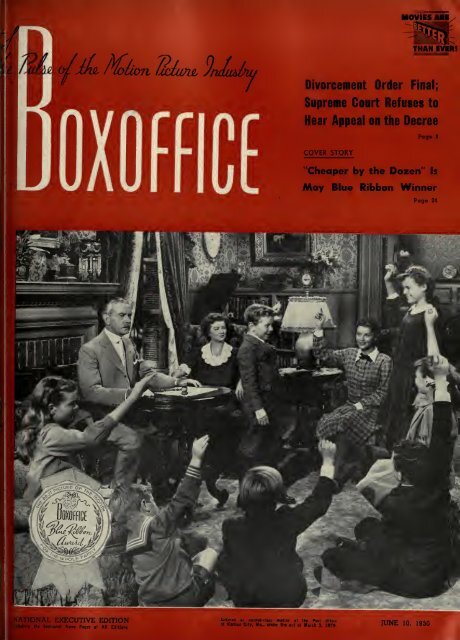

 Matheson: Dutch coach at Euro Cup has Edmonton and Alberta ties
Matheson: Dutch coach at Euro Cup has Edmonton and Alberta ties  Long road to the top for FC Edmonton
Long road to the top for FC Edmonton 


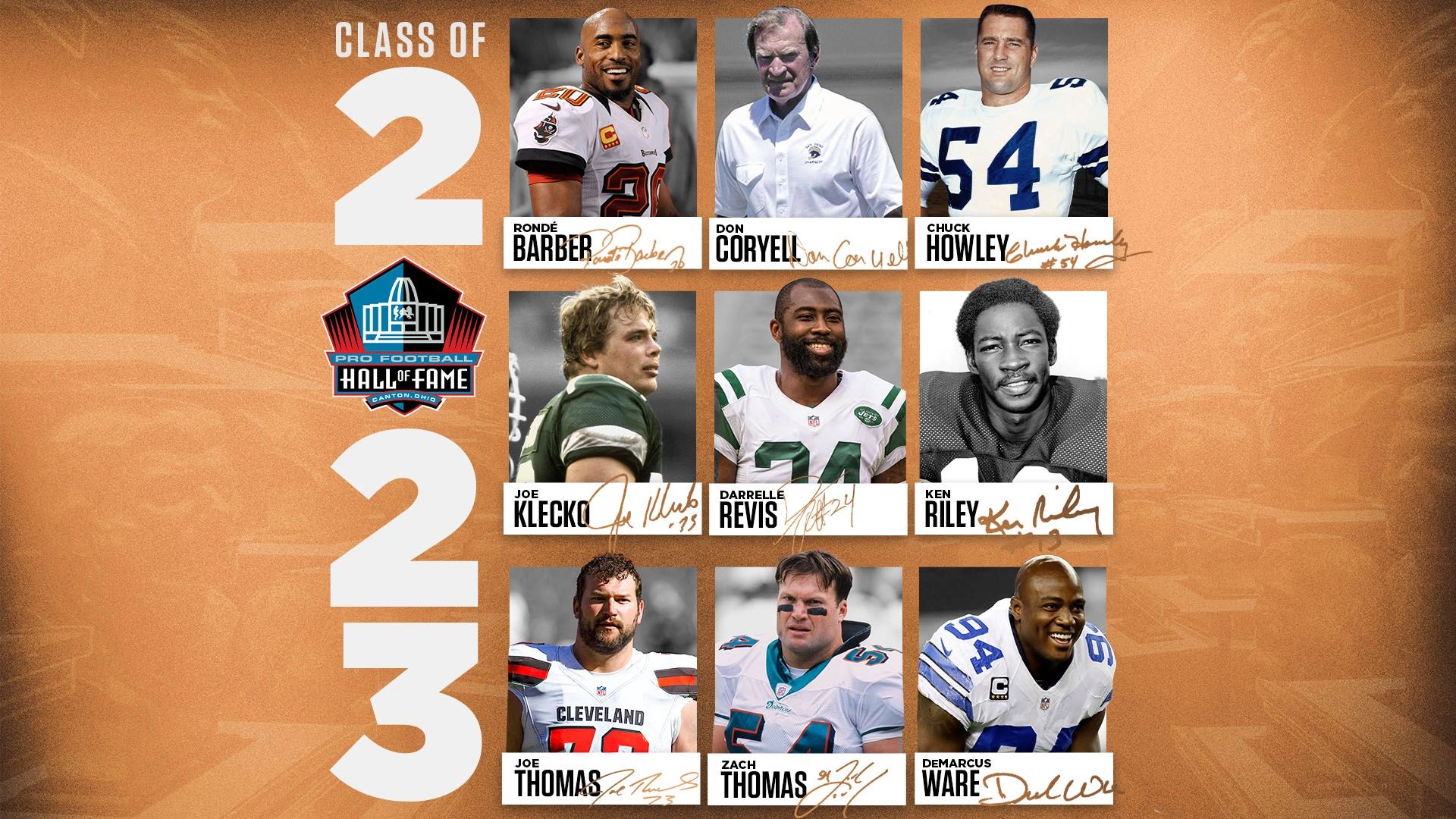
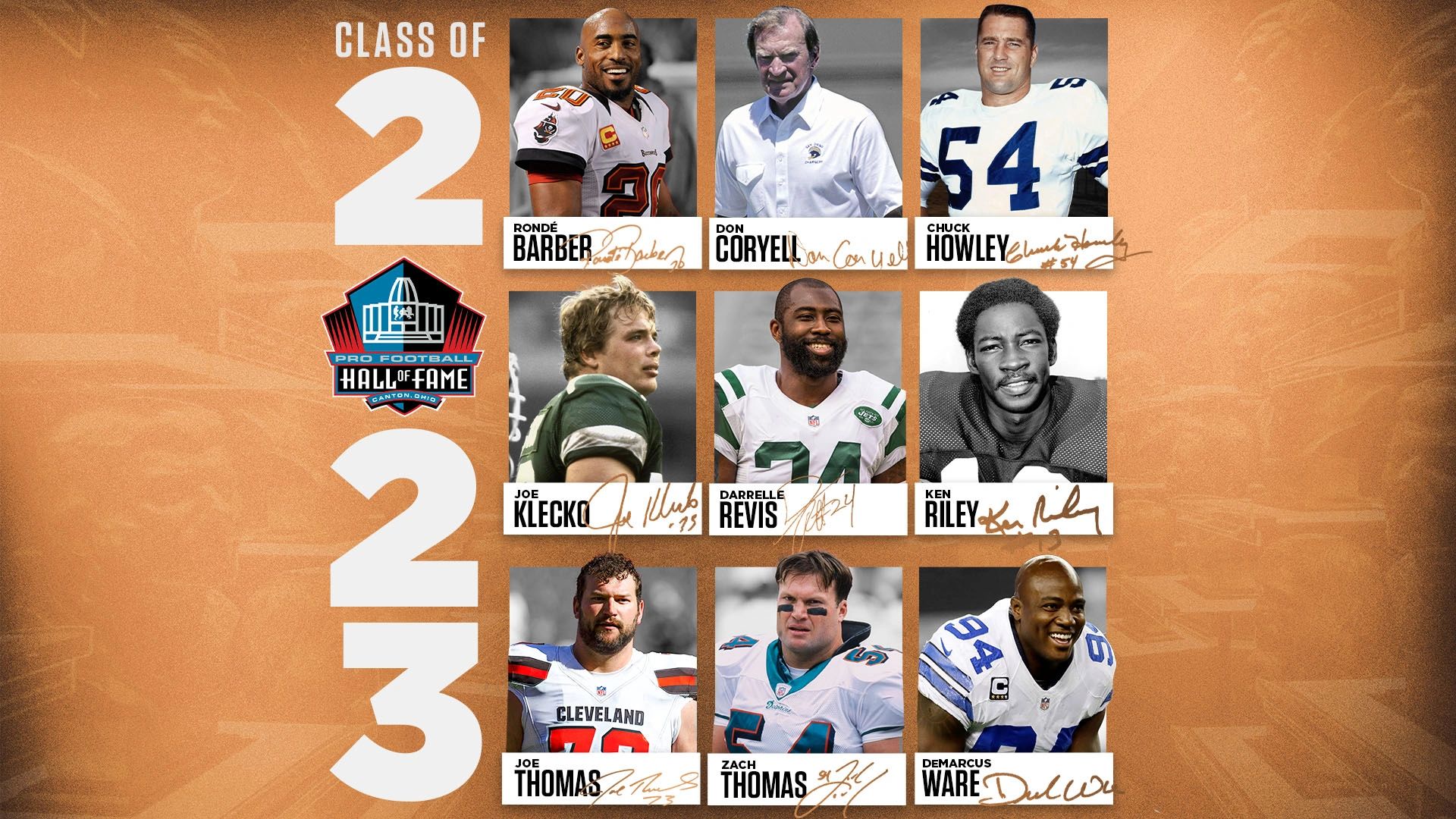

 So excited for Marlee Raymond to represent the Stars and Stripes with the U17 […]
So excited for Marlee Raymond to represent the Stars and Stripes with the U17 […]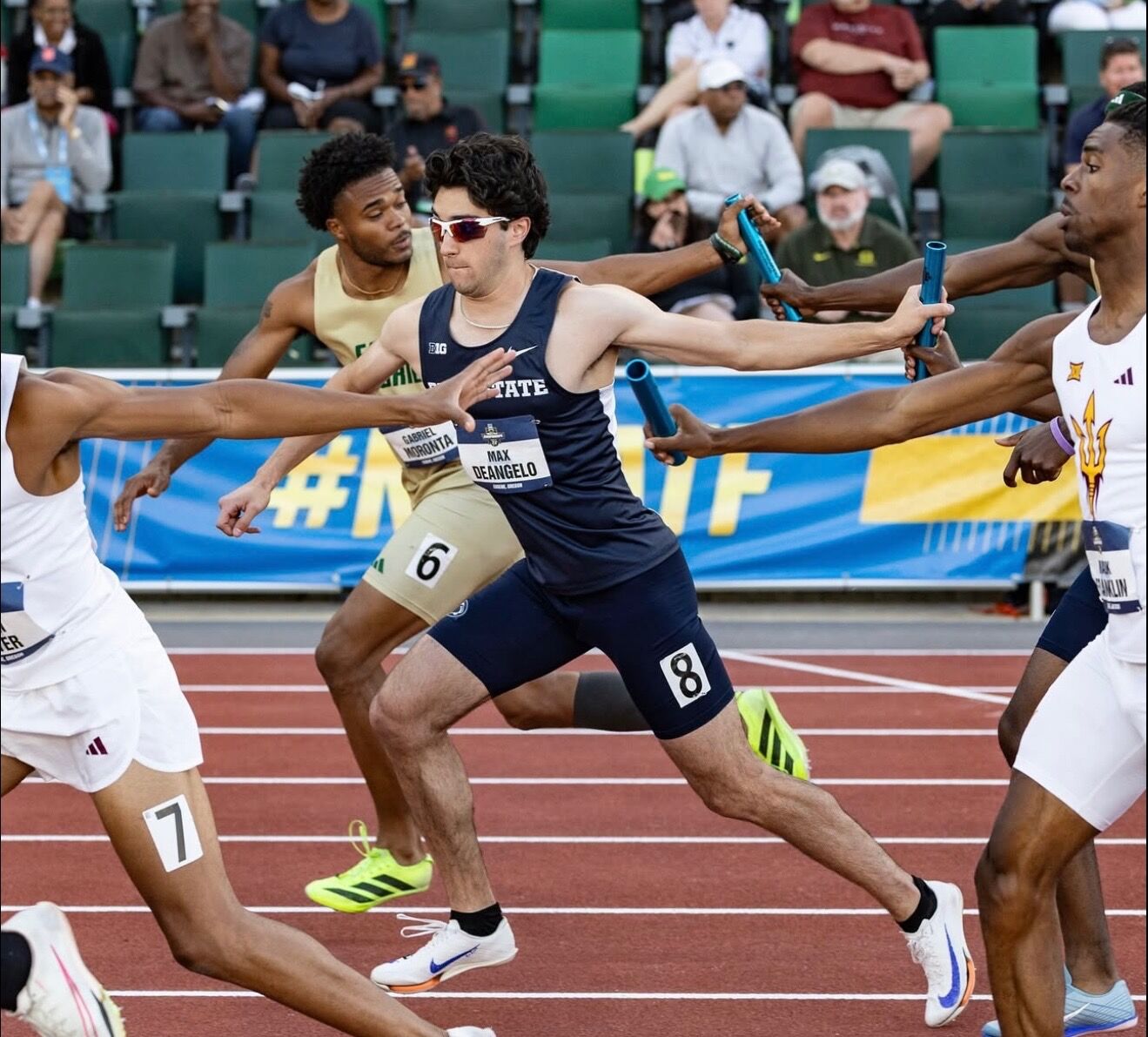
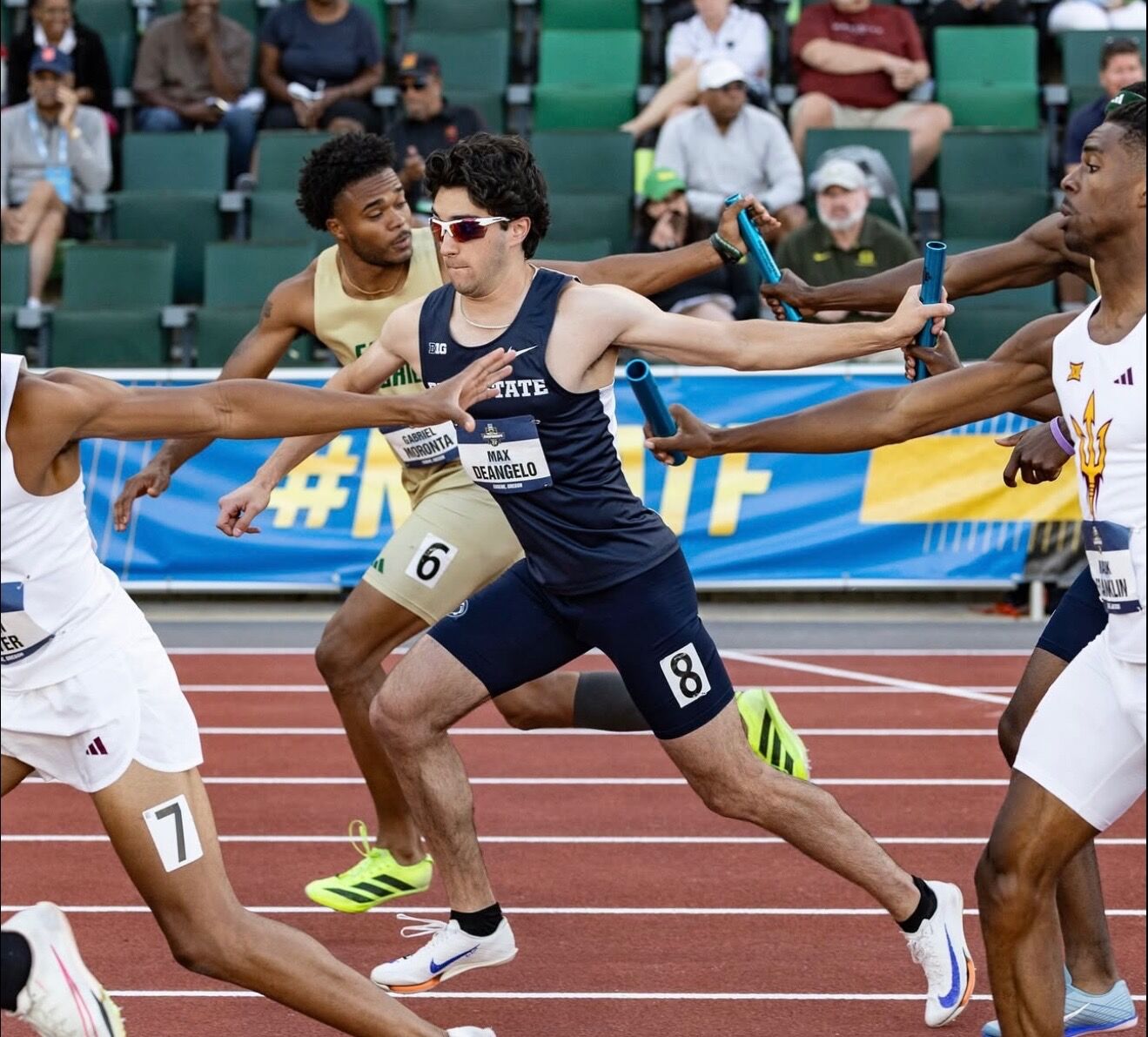

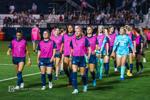
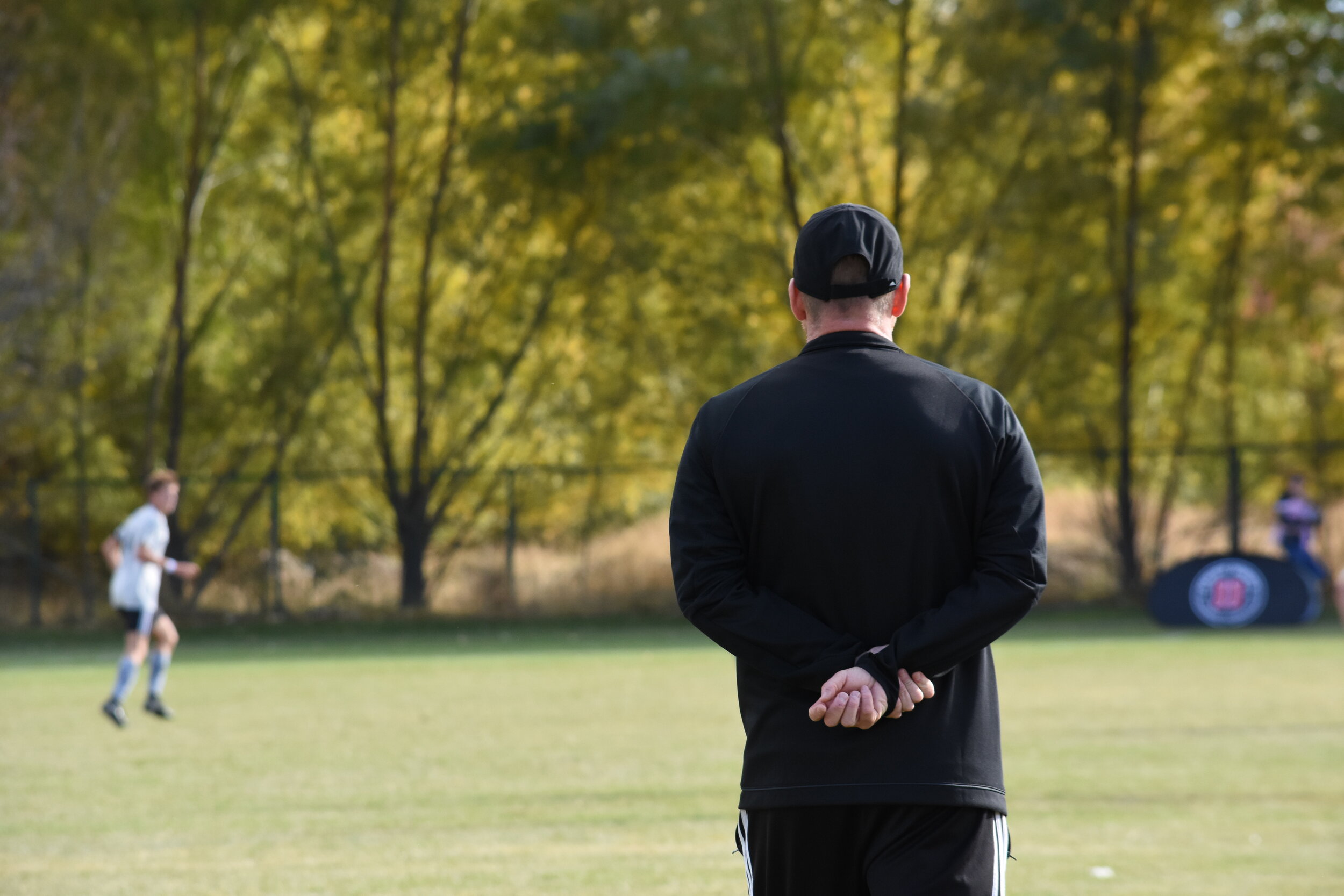


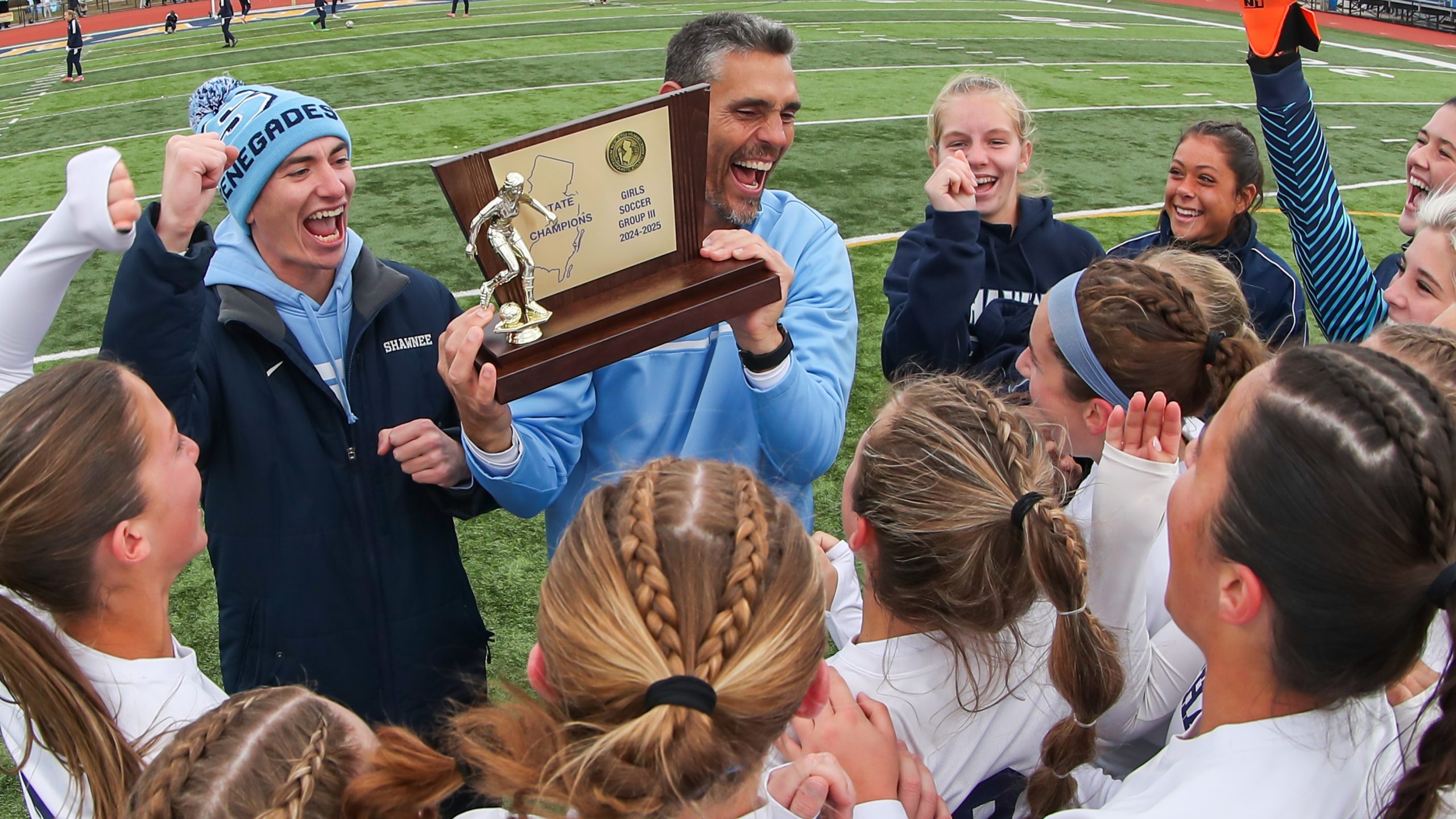

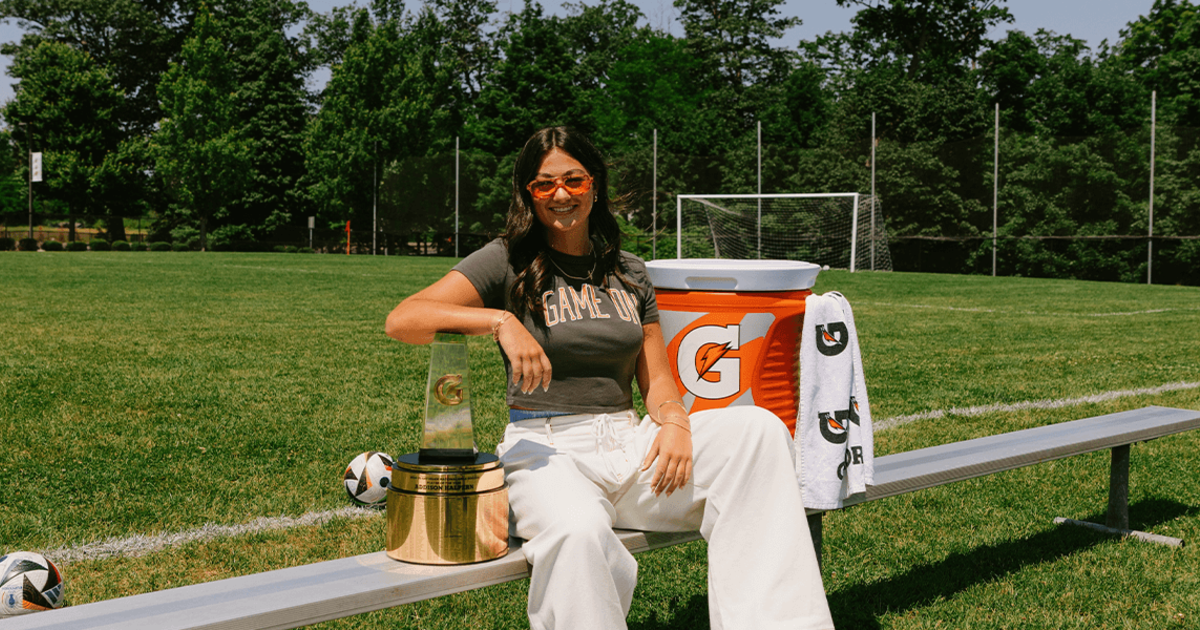



































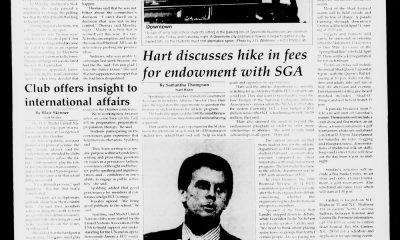












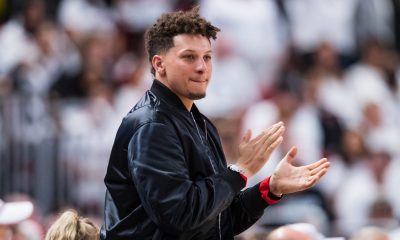

Comments